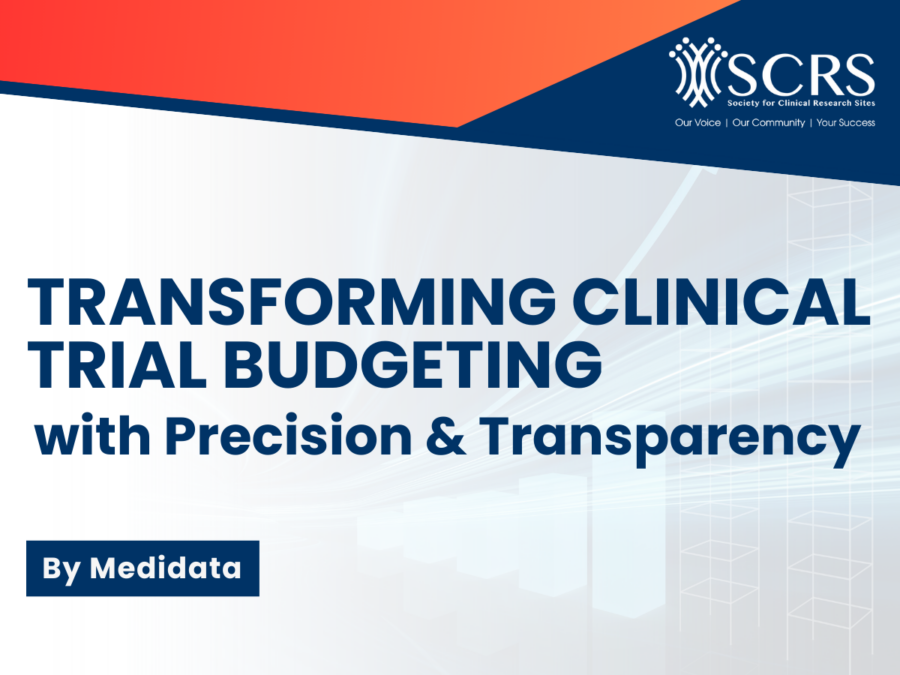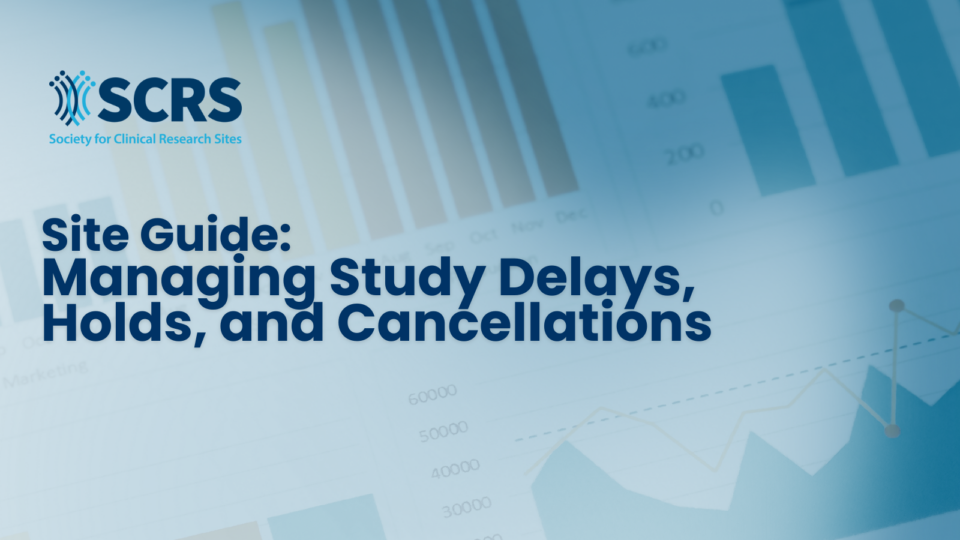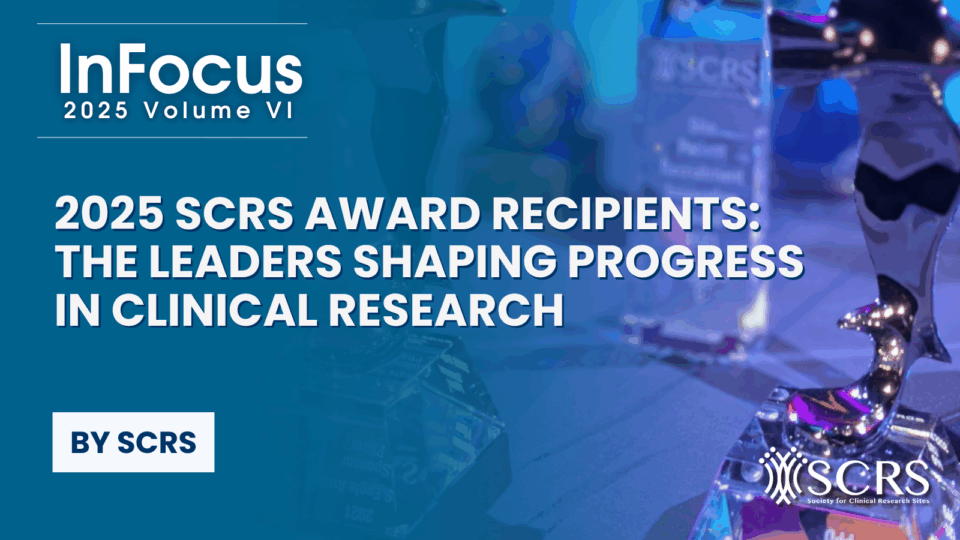Transforming Clinical Trial Budgeting with Precision and Transparency

Challenges in Clinical Trial Budgeting
Clinical trial budgeting is a critical yet intricate process that directly impacts all stakeholders, particularly research sites. Globally, sponsors and sites face challenges such as navigating compliance requirements, managing decentralized clinical trial (DCT) models, and ensuring budgets reflect the true costs of conducting studies. These complexities can strain relationships between sponsors and sites, underscoring the need for tools that streamline processes and foster collaboration.
Budgeting challenges often stem from unpredictable factors like patient recruitment costs, adapting to DCT models, and ensuring fair compensation for sites. These decentralized elements—such as wearable devices or home-based monitoring—require additional coordination and cost considerations. Sites must also contend with protocol complexities, regulatory compliance, and administrative burdens, which can lead to inefficiencies if not addressed effectively.
In the UK, the National Institute for Health and Care Research’s (NIHR) Interactive Costing Tool (iCT) has already streamlined the process of commercial study costing and contracting. By providing a mandated standardized budget template with specific codes and costs, the iCT simplifies budget preparation, reduces set-up times, and improves accuracy. This approach not only enhances operational efficiency but also strengthens collaboration between sponsors and research sites. As a result, the UK has positioned itself as a leader in clinical trial efficiency.
To overcome global budgeting challenges, it is essential to prioritize transparency in budgeting processes and provide tools that simplify negotiations while ensuring financial sustainability. By addressing these issues, stakeholders can enhance collaboration and efficiency, ultimately accelerating the delivery of life-saving treatments to patients.
Integration of NIHR’s iCT
The integration of NIHR’s iCT data into clinical trial budgeting platforms marks a significant step toward improving financial accuracy and efficiency. By automating the transfer of standardized codes and costs, this approach reduces manual data entry, enhances budget precision, and streamlines financial workflows. Ensuring consistency across systems helps research sites, sponsors, and organizations allocate resources more effectively, ultimately supporting the advancement of clinical studies.
As the First Life Sciences Company to implement this integration within its Grants Manager Planning platform, Medidata has demonstrated the impact of this approach in driving transparency and efficiency. The success of this model has gained global interest, highlighting the growing recognition of standardized cost integration as a best practice in clinical trial financial management.
Why This Matters for Sites
Accurate and transparent budgeting is essential for research sites and site networks to maintain financial health and operational sustainability. Tools like the UK’s Interactive Costing Tool ensure that budgets are not only precise but also fair, helping sites receive appropriate compensation for their efforts. By integrating the iCT costs data into Medidata’s Grants Manager Planning application, sponsors can create budgets that reflect the most up-to-date cost structures, ensuring sites are reimbursed accurately and reducing the frustration of prolonged negotiations.
This streamlined approach benefits research sites by minimizing administrative burdens and fostering smoother collaboration with sponsors. With fewer rounds of budget revisions, sites can focus more on patient care and trial execution rather than navigating financial disputes.
The evolution of the NIHR’s Interactive Costing Tool, from its modest origins as an Excel spreadsheet, has garnered global recognition, inspiring other countries to explore similar frameworks aimed at enhancing site operations and fostering greater transparency in clinical trial budgeting. For research sites, this represents a transformative shift toward a more equitable and efficient clinical trial ecosystem, paving the way for improved collaboration and more streamlined processes worldwide.
Conclusion
Medidata’s integration of NIHR’s Interactive Costing Tool into its Grants Manager Planning platform marks a significant advancement in clinical trial budgeting. By enhancing transparency, precision, and efficiency, this collaboration empowers research sites, sponsors, and organizations to conduct studies more effectively while accelerating the development of life-changing medicines. The integration not only ensures consistent and accurate budgeting but also simplifies processes, reducing administrative burdens for sites and fostering smoother collaborations with sponsors.
As tools like Grants Manager Planning continue to evolve through user feedback and initiatives such as the Global Costing Task Force (GCTF) and Clinical Trial Financial Management (CTFM) Innovation Labs, the future of clinical trial financial management looks increasingly promising. This partnership between NIHR and Medidata exemplifies how innovation can create systems that benefit all stakeholders—sponsors, research sites, and ultimately patients. By setting new standards for operational efficiency, financial transparency, and global competitiveness, this collaboration paves the way for a more streamlined and effective clinical trial ecosystem.
Written by Tina Mincher and Shelley Douros, Medidata Solutions
References:
NIHR and Medidata | Clinical Trial Budgeting Collaboration
NIHR and Medidata | Clinical Trial Budgeting Approach



